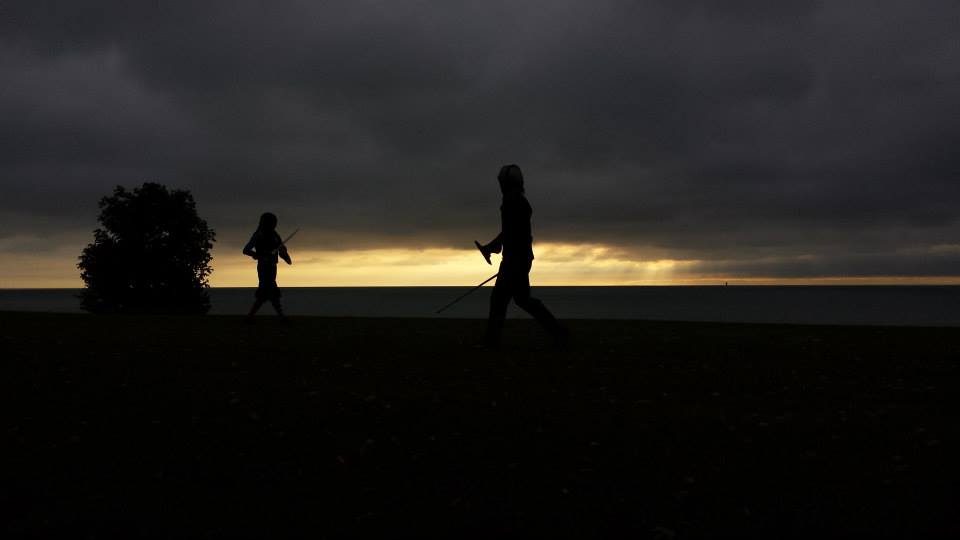Warming up has innumerable benefits. It prepares the body for movement, increases your range of motion which helps prevent injury and increases performance, mentally prepares your technical repertoire, and can be used to set the right psychology for performance. Yet we do not always have the opportunity to warm up before we need to perform and potentially at a very high level. If cold performance is important to you, it’s essential that you consider preparing for it both mentally and physically in your training.
Training the Mind for Cold Performance
Start in the Zone
Whenever you start practice establish a mindset of focused performance. Decide that you are going to start in a high performance state and act like you’re in that state, even if you don’t necessarily feel it. If you allow yourself lots of room to be unfocused as part of your general warmup routine you’ll train yourself to move into a warmed state more slowly than is needed.
Visualization for the Win
If you don’t have space to physically warm-up, visualize your warm-up. I typically go through and visualize all of the techniques that I want to have available so they are mentally present when I move out into a sparring situation.
Positive Self-Talk
For me much of being in the zone has to do with feeling confident in my ability. If I go out saying to myself “I feel cold and rusty.” I’m going to tend to perform poorly. If I go out saying “I am strong and capable” I’ll be setting myself onto the right foot off the top.
Nutrition, Hydration, Rest
Don’t underestimate how profound an impact having a good sleep, eating a nutritional meal, and drinking water before you work out can positively affect your performance. This is especially true when you’re coming into a performance cold.
Next time you have a cold performance, bring awareness to how closely it matches your later warm performances. Understanding the gap in performance can help you better focus your training. I recommend this week to improve your cold performance that you put at least one of the above mentioned principles to work in your training.
I’ll be back next week with more on the physical side of training for cold performance.
